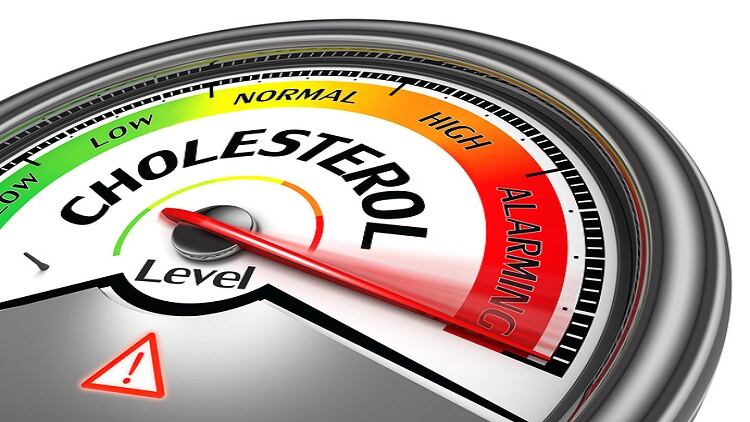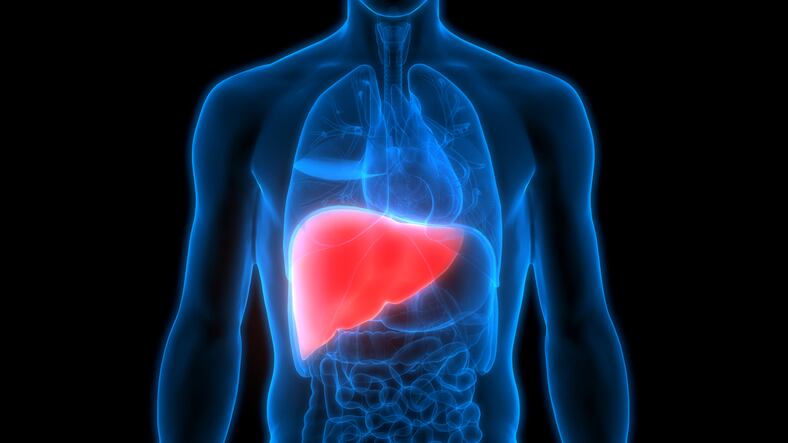Researchers in China screened through 13 randomised controlled trials (RCT) assessing the effect of probiotic consumption on the lipid profiles of patients with high cholesterol.
High cholesterol is a major risk factor for cardiovascular disease (CVD) which is the leading cause of death worldwide. In China, CVD account for 40% of deaths.
There were previous meta-analysis assessing probiotic supplementation on reducing blood lipid concentration, but few studies analysed the cholesterol-lowering effects.
In this study, researchers also found that the LDL cholesterol reducing effects from probiotic supplementation can be enhanced by using more than one probiotic strain, and increase the duration of supplementation and dosage.
The findings were published in the Journal of Functional Foods.
Study design
In this meta-analysis, initial screening yielded 2,346 studies which was eventually narrowed to 13 qualitative studies.
Of the 13 studies, five RCTs were conducted in Europe, three in America, three in Oceania and two in Asia. Both children and adult population were included in this research.
The duration of probiotic intervention ranged from four to 32 weeks. Probiotics were administered in a wide range of dosages between 3 × 108 to 1011 CFU/day.
Probiotic consumption included supplements (single, multiple strains) and dairy products such as fermented milk and yoghurt.
The probiotics reviewed in this study included L. acidophilus, L. plantarum, L. rhamnosus, B. lactis, and B. bifidum.
Lower cholesterol
The findings revealed that probiotic supplementation significantly decreased total cholesterol (p<0.0001) and LDL cholesterol levels (p<0.00001) in hypercholesterolemic patients.
In terms of triglycerides and high-density lipoprotein cholesterol, there were no significant changes between the control and intervention group.
Multi-strain, higher dose
In addition, researchers found that supplements containing multiple probiotic strains induced a greater total cholesterol reduction (p=0.002) compared to supplements containing only one probiotic strain (p=0.002), suggesting the synergistic and cooperative interactions between different probiotic strains.
This effect was only observed in patients with total cholesterol levels exceeding 5.7 mmol/L.
They explained: “Survival of probiotic strains through the gastrointestinal passage is a key requirement for the efficacy of probiotics. As some probiotic strains may have a low survival rate, administration of high-dose probiotics can maximise the likelihood of gut colonisation.”
However, researchers added that further studies were required to identify the most effective probiotic strains and combinations.
The meta-analysis also revealed that the duration of probiotic supplementation was positively correlated with the LDL cholesterol reducing effects of the probiotics.
There has been a growing body of evidence indicating that probiotics exert cholesterol lowering effects through increased synthesis of bile acids in the liver due to increased bile salt hydrolase activity - an enzyme of probiotics which hydrolysed bile salts into amino acid residues and free bile salts.
Other proposed modes of action include assimilation of cholesterol, antioxidant activities of probiotics and the production of short-chain fatty acids by probiotics.
Future studies
Researchers acknowledged that their systematic review and meta-analysis had several limitations.
“Our selected studies used different number probiotic species in their supplementations. A systematic screen using single probiotic strain or species is required to determine the most effective probiotics in reducing the risk of CVD in patients with hypercholesterolemia.”
“Larger randomised multicentric studies are necessary to improve our understanding of the use of probiotics as a nonpharmacological alternative for the management of CVD risks.”
In summary, the meta-analysis showed that probiotics could alter the lipid profiles of patients with hypercholesterolemia, by significantly reducing serum total cholesterol and LDL cholesterol levels. The effect was more pronounced in people with high baseline total cholesterol levels.
In addition, the LDL cholesterol reducing effects of probiotic supplements can be enhanced by increasing the number of probiotic species within a supplement, duration of treatment and dosage.
Source: Journal of Functional Foods, Elsevier
https://doi.org/10.1016/j.jff.2020.104177
“Effects of probiotic supplementation on cardiovascular risk factors in hypercholesterolemia: A systematic review and meta-analysis of randomized clinical trial”
Authors: Jinchi Jiang, et al.




